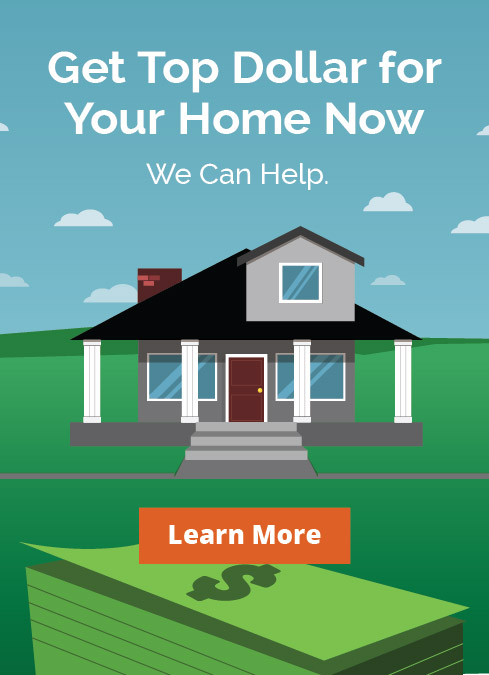
Getting your home ready to sell is no easy task. You’ve got to bust through the clutter, bring out the shine, and pump up the curb appeal. It’s enough to wear you out just thinking about it!Yet, after all that hard work, many people overlook the one thing that can make or break a home deal: price. If you want to get it right the first time, watch out for these three common pricing fails.
Fail #1: Getting Emotional About It It’s easy to let your heart guide your pricing decision. After all, your home holds a lot of memories. But basing your price on emotion leaves you with nothing more than feelings in the end. Here’s why: Buyers have no sentimental connection to your home. The emotional magic happens when the right buyer makes your house their home—and that can’t happen with an overinflated price in the way.
Fail #2: Playing a Numbers Game What do you get when you add your mortgage balance plus real estate agent commission plus a 20% down payment on your next home? If you said the perfect price for your home, try again. The right price has nothing to do with math and everything to do with the market. Buyers don’t give a rip about your bottom line. They simply want the best deal on their American Dream.
Fail #3: Testing the Market As home prices rebound, you might be tempted to take a curious approach: Throw out a high price to see if you get any takers. If buyers don’t like your price, you can always negotiate, right? Wrong. Wiggle room is worthless if you can’t get showings, much less an offer. Look at it this way: Curiosity killed the cat, and you can bet it will do the same to your home deal.
An Overpriced Home Costs You Time and Money According to the National Association of Realtors, 47% of recent home sellers reported reducing their asking price at least once, delaying the sale of their home. Here are a couple of examples of what a bad pricing strategy could cost you:–Keller Williams found that sellers who took their agent’s original pricing advice sold their home 38 days faster.–In Montgomery County, MD, homes that closed within the first week on the market fetched an average of 0.31% above list price while those that lingered for four months or more sold at 12% below the original price, according to McEnearney Associates. That’s a nearly $25,000 difference on a $200,000 home!
Your Fail-Safe Formula for Success So what’s the secret to getting it right? Base your price on actual market conditions. You can see what homes like yours in your area are selling for by asking a real estate agent for a free comparative market analysis.Just beware of an agent who suggests a sky-high price for your property to win your business. A true pro has the heart of a teacher and sets realistic expectations about what you can—and can’t—make on your home.
via 3 Common Home-Pricing Fails and What They Could Cost You – daveramsey.com.